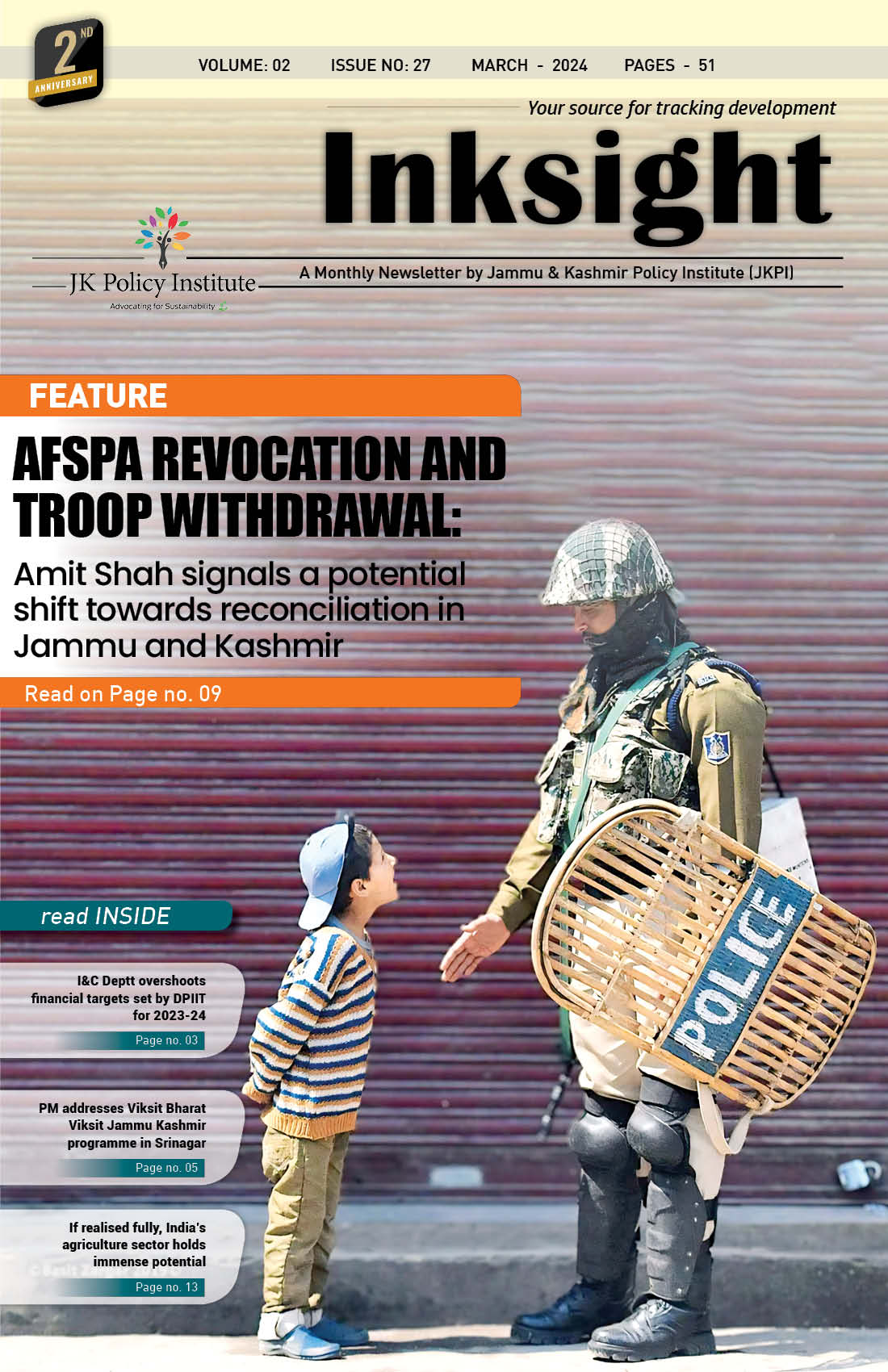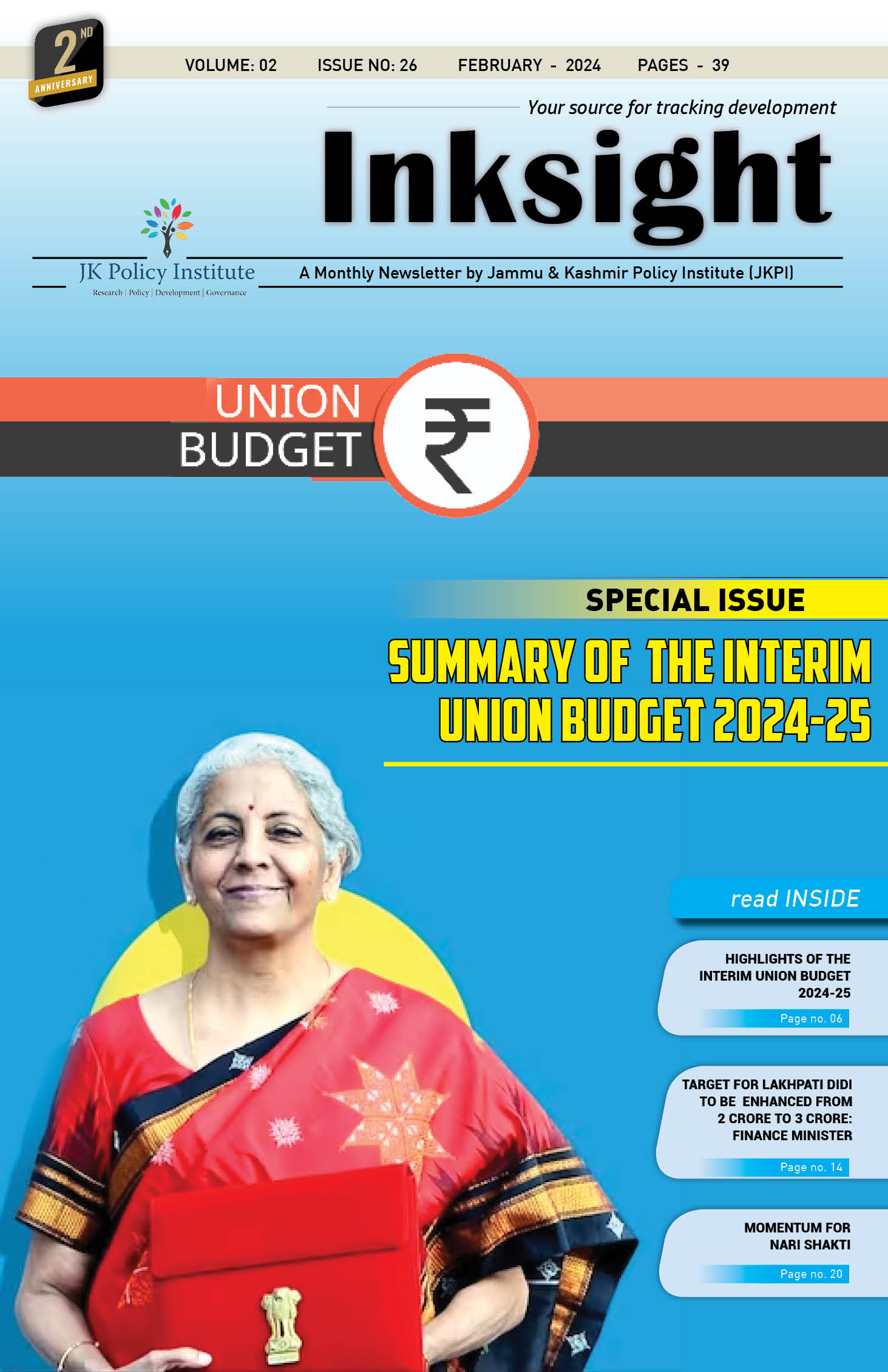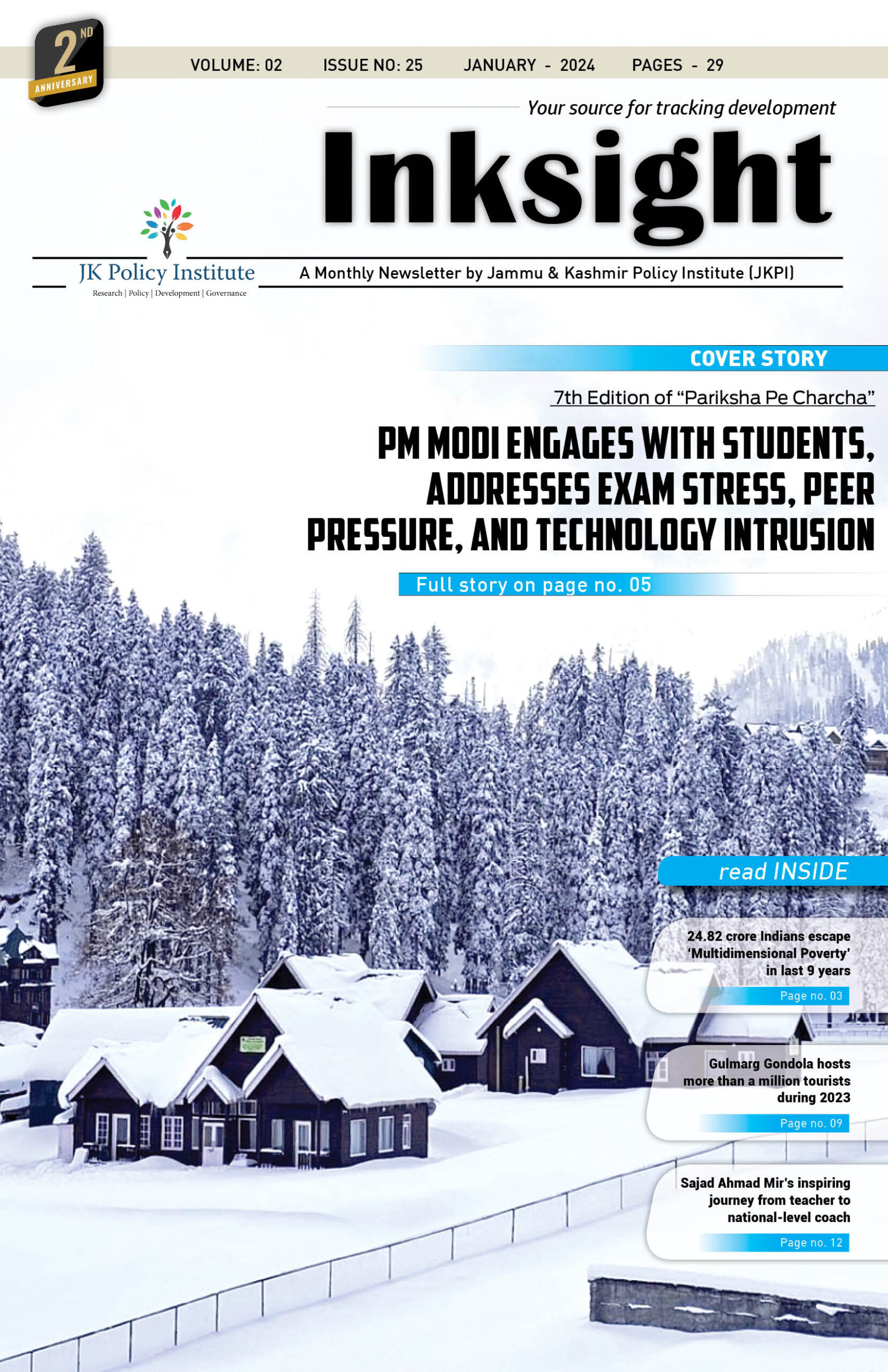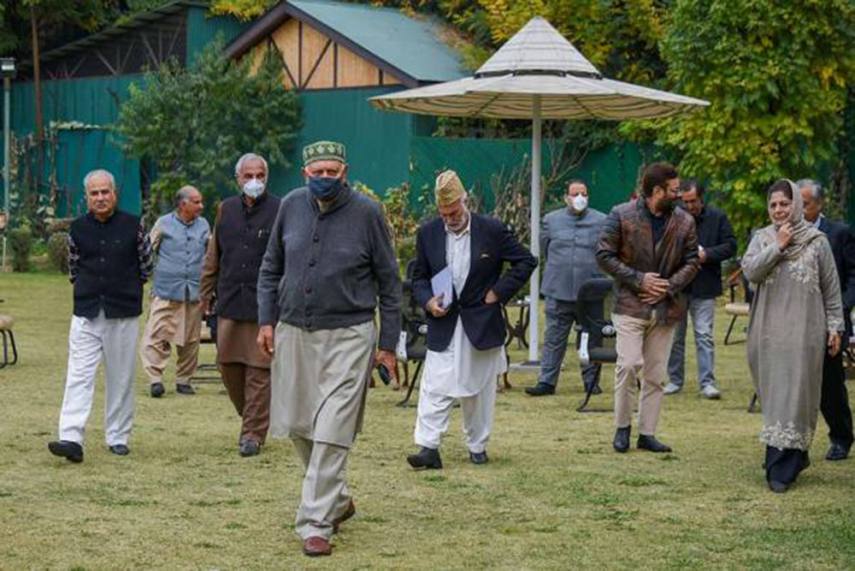Touseef Raina
The changes affected by the Government of India post-August 2019 in Jammu and Kashmir and the way local mainstream leaders were treated in the wake of the revocation of Articles 370 and 35A has led to political wars and all sorts of complications between New Delhi and Srinagar.
It is evidenced that the political class in J&K feels insulted and snubbed for the way J&K’s special status was withdrawn, and how the situation has evolved since. Along with the separatists, it so happened that even the mainstream leaders were taken out of circulation, first by their arrests and then denying them political space. The lack of political activities has turned people off from politics, making them far more vulnerable to the politics of secessionism and radical religio-politics emanating from across the borders.
With a hostile and wily neighbor waiting in the wings to stoke violence and unrest in Jammu and Kashmir, this is certainly not a very encouraging situation, if only one could avoid saying it is outright dangerous, especially in the near future when the U.S. and NATO complete their withdrawal from Afghanistan!
Now there seems to be a sudden realization by New Delhi that it is important to revive political activity in J&K, and in this connection, 14 mainstream leaders of eight political parties, including four former chief ministers and as many deputy chief ministers have been called for a meeting with Prime Minister Narendra Modi on June 24. Besides the PM, Home Minister Amit Shah and other top leaders of the Centre are likely to participate in the meeting.
Even though the agenda of the proposed meeting has not been made public, but with even a minimum common sense anyone could volunteer (no one has to hazard) a guess as to what would be the possible talking points.
For the past year-and-half (since Aug 2019), or around three years counting from the day the PDP-BJP alliance ended, the erstwhile state has been in the midst of a weird situation. Widespread chaos and confusion in the governance matters together with the almost absolute disorientation of the mainstream politics (the Unionists), the popular resentment with the current status quo has only been growing with each passing day.
Notwithstanding what and how the administration has been working in J&K, fact of the matter is that the lack of local faces in it, have automatically limited the scope and reach of even some of its really well-meaning initiatives. People have, somehow, not been able to identify with it, and this has been in reciprocity to what has trickled down from above.
The emergence of the People’s Alliance for Gupkar Declaration (PAGD), an alliance of some mainstream political parties including two regional majors – National Conference (NC) and Peoples Democratic Party (PDP) –, and its rhetoric vis-à-vis “fighting for the people’s rights and restoration of J&K pre-August 2019 status” had generated some popular interest, as was evidenced by the performance of the PAGD candidates during District Development Council elections last year. But then PAGD suddenly went into a political hibernation and when it came alive again last week, the ongoing COVID-19 pandemic, and related lockdowns provided the political conglomeration with a ready-made excuse to explain its long absence from the political scene.
And if the sources are to be believed, the amalgam had sniffed an opportunity of talks with the Centre. Which is why it resumed political activity. The same is the case with every single political party here as each one of them was craving for some kind of political opening to restart their political activities.
On its part, the Centre has been calculated enough to call this meeting on a not-very-short but also not-very-long notice. The invitation for the meeting, scheduled to be held on June 24, was sent on June 19. Five days’ time seems a measured window to allow them to make their mind about the meeting and respective agenda and schema, without actually affording them an opportunity for any political drama.
But then – as the politics is centered round the people, pandering more to their raw emotions than to their actual needs and interests – the invited political leaders could not afford to lay bare – before common people – their urgency for a hearing with the country’s political executive. So they have called the meeting of their respective parties to “discuss” the invite.
It’s hoped that each one of them would participate in the meeting – for those choosing otherwise face the danger of further irrelevance, and further shrinking of political space available to it. Going by the NC, PDP, or PAGD’s anti-Delhi rhetoric, that the Centre which has “eroded the trust cultivated over the years between Srinagar and New Delhi by demolishing the bridge of Article 370 and 35-A, and declared a war on the people of J&K”, the need for them to talk with the Centre is more than ever before.
The invite from the Centre for the talks has provided the vital communication link. Now it is time for the invited leaders to do some talking where it matters.
For the past year-and-half, they have fired a fairly good deal of paper missiles from Gupkar and elsewhere; they have tweeted and re-tweeted lots of ideas, opinions and reactions that made good sense and those that bordered on absurdity. Now is the time to do some plain talking with an open mind and heart, saying things which they feel need to be, and must be said. Here is the opportunity to talk for the people, their rights, their needs, their interests, their positions, their land, their jobs, their identity….
By inviting the J&K leaders for talks, New Delhi has actually empowered them. And it is time for the leaders to reciprocate by participating in the talks. Working together with sincerity of purpose, the two sides can, for sure, transform what has been an intractable conflict – Kashmir.
The views expressed in this publication are those of the author(s).





Leave a Reply
You must belogged in to post a comment.